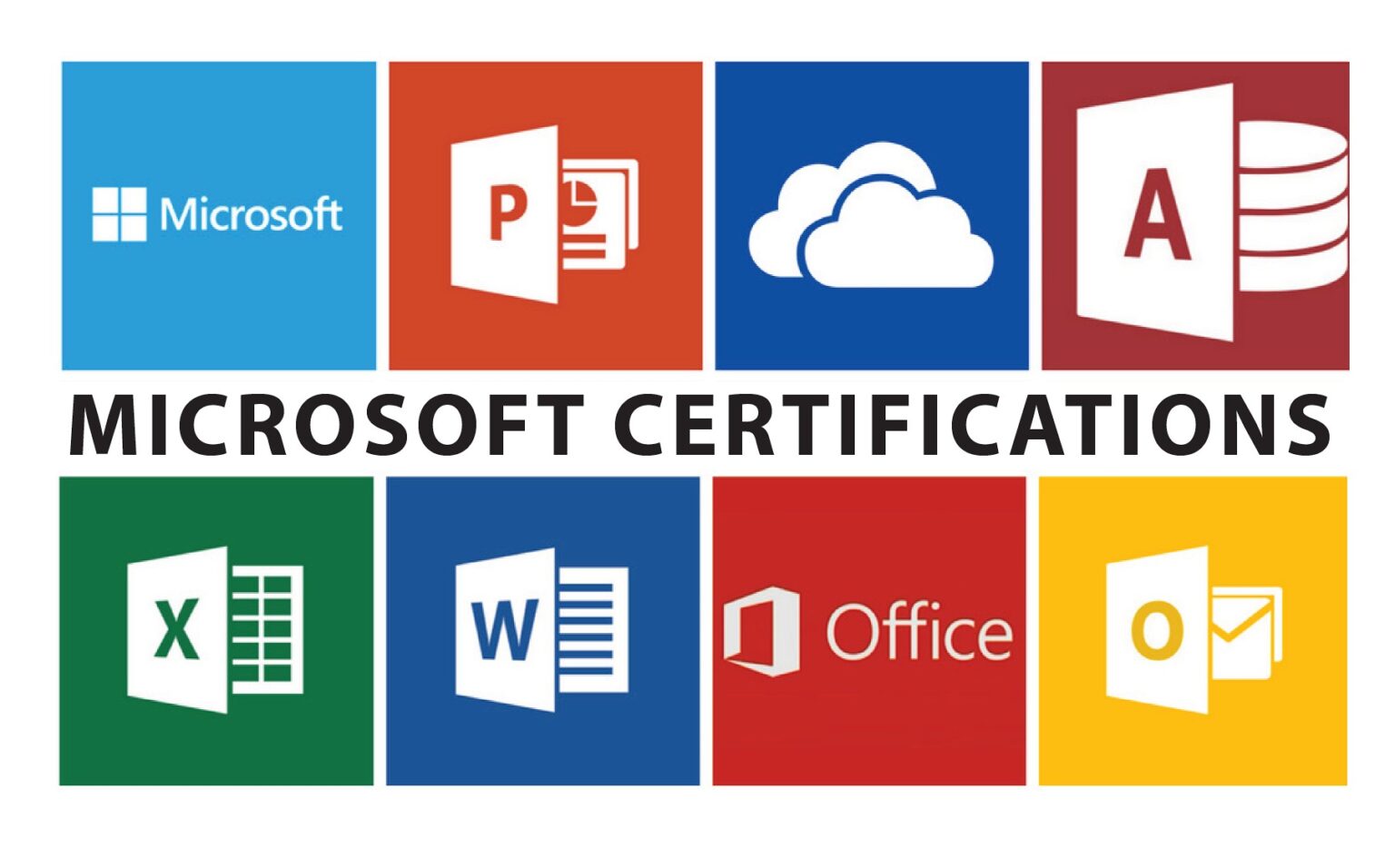
Microsoft Azure certifications: A career worth seeking for
The Cloud is the new normal, this saying from 2016 is a reality in 2020. Even with everything badly hit by COVID-19 lately, the Cloud sector has still been remarkable in terms of growth as well as revenue. Simplified enterprise operations with minimalist on-premises infrastructure, is more relevant than before. Microsoft is among those taking most out of the expanding footprint of the cloud platforms. With more than 54 regions and 140 countries, the Microsoft Azure Cloud has a more global region presence than any other cloud provider.
Here region is meant to be a set of data centers that are deployed within a latency-defined perimeter and connected by a dedicated, low-latency regional network. Microsoft Azure is making a strong year-over-year growth and consolidated it’s second position in the cloud market with being favorite choice of enterprise customers.
This phenomenal growth is creating a great demand for the Azure certification path. The cloud platform is among the most in-demand career in the market at present. With Microsoft being a major shareholder, Microsoft Azure is one of the most in-demand careers.

Career In Cloud Security
Security is one of the biggest concerns of the enterprise world. The Cloud platform requires more sophisticated security solutions than the conventional on-premises model. The cloud environment is always online increasing the security requirements. The need for Cloud Security Professionals is growing day-by-day. It makes it a rewarding career to go for.
Microsoft Azure Security Engineers – Career Opportunities
With cyber threats being constantly evolving, It has become more of a full time job to update with these developments while ensuring an organization’s Azure platform secure. An Azure Security Engineer is responsible to implement and configure security controls and policies, manage access to data, and monitor threats to ensure that apps, containers, infrastructure, and networks are protected.
Microsoft Certified: Azure Security Engineer Associate – Overview
Candidates for the Azure Security Engineer certification should have subject matter expertise implementing security controls and threat protection, managing identity and access, and protecting data, applications, and networks in cloud and hybrid environments as part of an end-to-end infrastructure.
Responsibilities for this role include maintaining the security posture, identifying, and remediating vulnerabilities by using a variety of security tools, implementing threat protection, and responding to security incident escalations.
Azure Security Engineers often serve as part of a larger team dedicated to cloud-based management and security or hybrid environments as part of an end-to-end infrastructure.
A candidate for this certification should have strong skills in scripting and automation; a deep understanding of networking, virtualization, and cloud N-tier architecture; and a strong familiarity with cloud capabilities and products and services for Azure, plus other Microsoft products and services.
Job role: Security Engineer
Required exams: AZ-500
Exam AZ-500: Microsoft Azure Security Technologies
This exam measures your ability to accomplish the following technical tasks: manage identity and access; implement platform protection; manage security operations; and secure data and applications.
Prerequisites
To get the most out of this exam candidates should:
- Understand security best practices and industry security requirements such as defense in depth, least privileged access, role-based access control, multi-factor authentication, shared responsibility, and zero trust model.
- Be familiar with security protocols such as Virtual Private Networks (VPN), Internet Security Protocol (IPSec), Secure Socket Layer (SSL), disk and data encryption methods.
- Have some experience deploying Azure workloads. This course does not cover the basics of Azure administration, instead the course content builds on that knowledge by adding security specific information.
- Have experience with Windows and Linux operating systems and scripting languages. Course labs may use PowerShell and the CLI.

Skills Measured
Following skills are measured in this exam;
Manage identity and access (30-35%)
Implement platform protection (15-20%)
Manage security operations (25-30%)
Secure data and applications (20-25%)
Skills Gained
Upon completion of the course content, a candidate will gain the following skills;
- Implement enterprise governance strategies including role-based access control, Azure policies, and resource locks.
- Implement an Azure AD infrastructure including users, groups, and multi-factor authentication.
- Implement Azure AD Identity Protection including risk policies, conditional access, and access reviews.
- Implement Azure AD Privileged Identity Management including Azure AD roles and Azure resources.
- Implement Azure AD Connect including authentication methods and on-premises directory synchronization.
- Implement perimeter security strategies including Azure Firewall.
- Implement network security strategies including Network Security Groups and Application Security Groups.
- Implement host security strategies including endpoint protection, remote access management, update management, and disk encryption.
- Implement container security strategies including Azure Container Instances, Azure Container Registry, and Azure Kubernetes.
- Implement Azure Key Vault including certificates, keys, and secretes.
- Implement application security strategies including app registration, managed identities, and service endpoints.
- Implement storage security strategies including shared access signatures, blob retention policies, and Azure Files authentication.
- Implement database security strategies including authentication, data classification, dynamic data masking, and always encrypted.
- Implement Azure Monitor including connected sources, log analytics, and alerts.
- Implement Azure Security Center including policies, recommendations, and just in time virtual machine access.
- Implement Azure Sentinel including workbooks, incidents, and playbooks.
Preparing For The Exam: AZ-500
One of the best practices required for any certification exam is planning for the exam before anything else. One needs to be clear about the exam objectives as well as the course content before jumping in. Next step is selecting the right training material. For the preparation of AZ-500 Exam, Exact2Pass is one of the most reliable and affordable training providers.
Exact2Pass provides you well-sought PDF dumps and Testing Engine. Exact2Pass Practice Questions And Answers are compiled by the industry’s best professionals. Exact2Pass provides you a money-back guarantee for the training material it provides. With Exact2Pass you can get sure success in the first attempt for the exam: AZ-500. A good training material saves you a lot of time, effort, and valuable resources.
Conclusion
With the remarkable growth of the Microsoft Azure platform, more jobs are there for Microsoft Azure Security Engineers. Microsoft Certified: Azure Security Engineer Associate is the best entry level certification for those seeking a career in Microsoft Azure Security Solutions. It can significantly add value to your profile.



